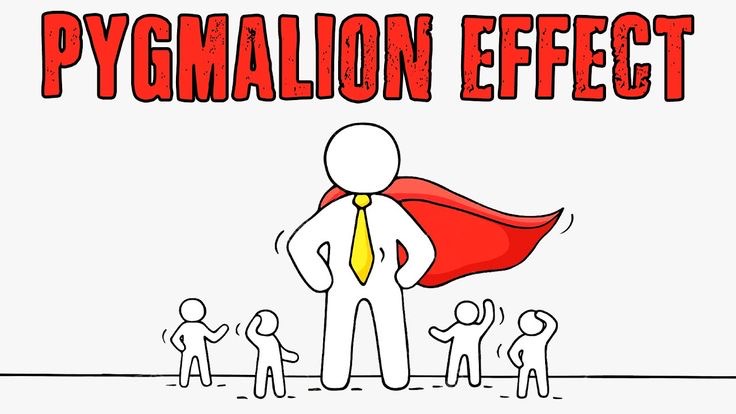The Pygmalion Effect: How Belief Shapes Who We Become.

Have you ever noticed how the labels people put on us start becoming the stories we tell ourselves? If someone keeps calling you lazy, careless, or “not good enough,” it doesn’t just sting in the moment—it slowly seeps into your identity. You begin to believe it, act it out, and before you know it, those words start shaping your reality.
Psychology has a name for this: the Pygmalion Effect. It says that people rise—or fall—to the level of expectations placed on them. Expectations aren’t just passive thoughts in someone’s head; they’re powerful forces that guide how others treat us, how we see ourselves, and ultimately how we perform.
Think about it. When you’re surrounded by constant doubt—“You’ll mess it up,” “You can’t do this,” “You’ll never get there”—your brain almost goes into shutdown mode. Motivation drops. Confidence shrinks. And performance suffers. Not because you’re incapable, but because you’ve been conditioned to expect failure. It’s like being asked to run a race while carrying the weight of everyone’s disbelief on your shoulders.
Now flip the script. Imagine someone genuinely believes in you. They see potential in you that you don’t even see in yourself yet. Suddenly, your brain works differently. You feel lighter, braver, and more willing to try. Their belief becomes a mirror that reflects back a version of you that’s stronger, smarter, and more capable. And slowly, you start living up to that reflection.
That’s the beauty—and danger—of the Pygmalion Effect. Expectations don’t just predict outcomes, they create them. Which means two things:
- Be mindful of the expectations you allow yourself to absorb.
- Be even more mindful of the expectations you place on others.
Because belief is contagious. When you choose to believe in someone—whether it’s a child, a friend, or even a colleague—you’re not just offering encouragement. You’re giving them the permission and courage to grow into the best version of themselves.
So the next time you catch yourself saying “You’ll never be able to do this,” pause and reframe. What if, instead, you said, “I believe you can figure this out”? You might just change someone’s life.



Comments (0)